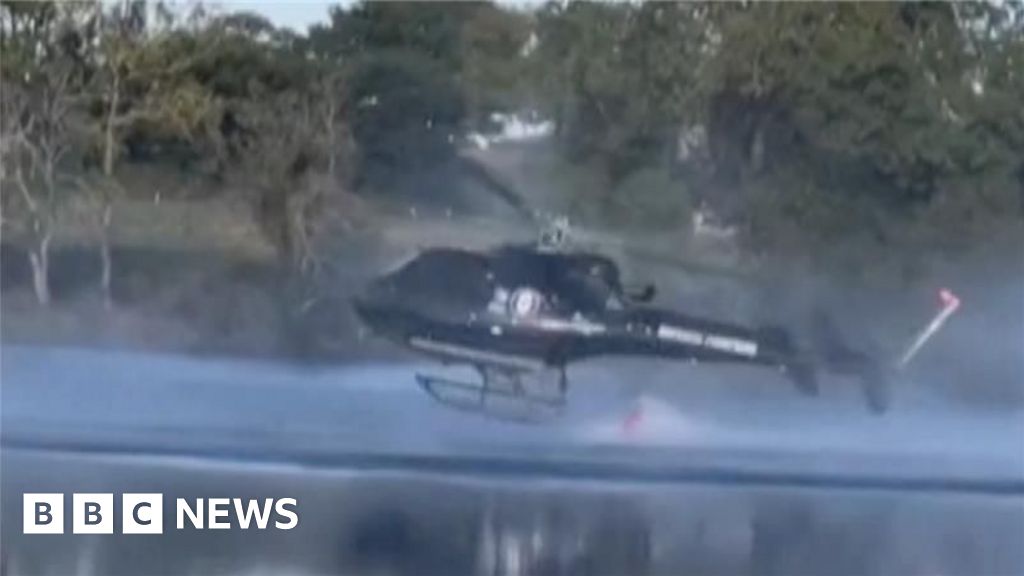Smoke from Canadian wildfires is seeping into the United States, prompting six Republican lawmakers from Wisconsin and Minnesota to voice their discontent and demand accountability from the Canadian government. They have reached out to Kirsten Hillman, the Canadian ambassador to the U.S., expressing concern over how these fires have impacted outdoor activities during the summer months.
The congressmen noted in their letter that the summer is typically a time for recreation and family time, but the dense smoke has made outdoor enjoyment difficult. The lawmakers accused the Canadian government of inadequate forest management, indicating that this has exacerbated the smoke conditions affecting their constituents. "Our communities shouldn’t suffer because of poor decisions made across the border," said Tom Tiffany, one of the authors of the letter, in a post on the social media platform X.
A spokesperson for the Canadian Embassy responded that Canada takes wildfire prevention and management very seriously, indicating that they would review the congressmen's concerns and provide a formal response. Meanwhile, Wab Kinew, the Premier of Manitoba, criticized the U.S. lawmakers for trivializing the severity of wildfires that have led to loss of life in Canada, reiterating that the issue requires sympathy and understanding rather than blame.
This situation reflects the delicate balance of cross-border environmental issues, illustrating how wildfires and air quality concerns reach beyond national boundaries and engage complex discussions around responsibility, action, and public health. The upcoming responses from Canadian officials and further discussions may reveal how both nations can collaboratively tackle these pressing environmental challenges.




















